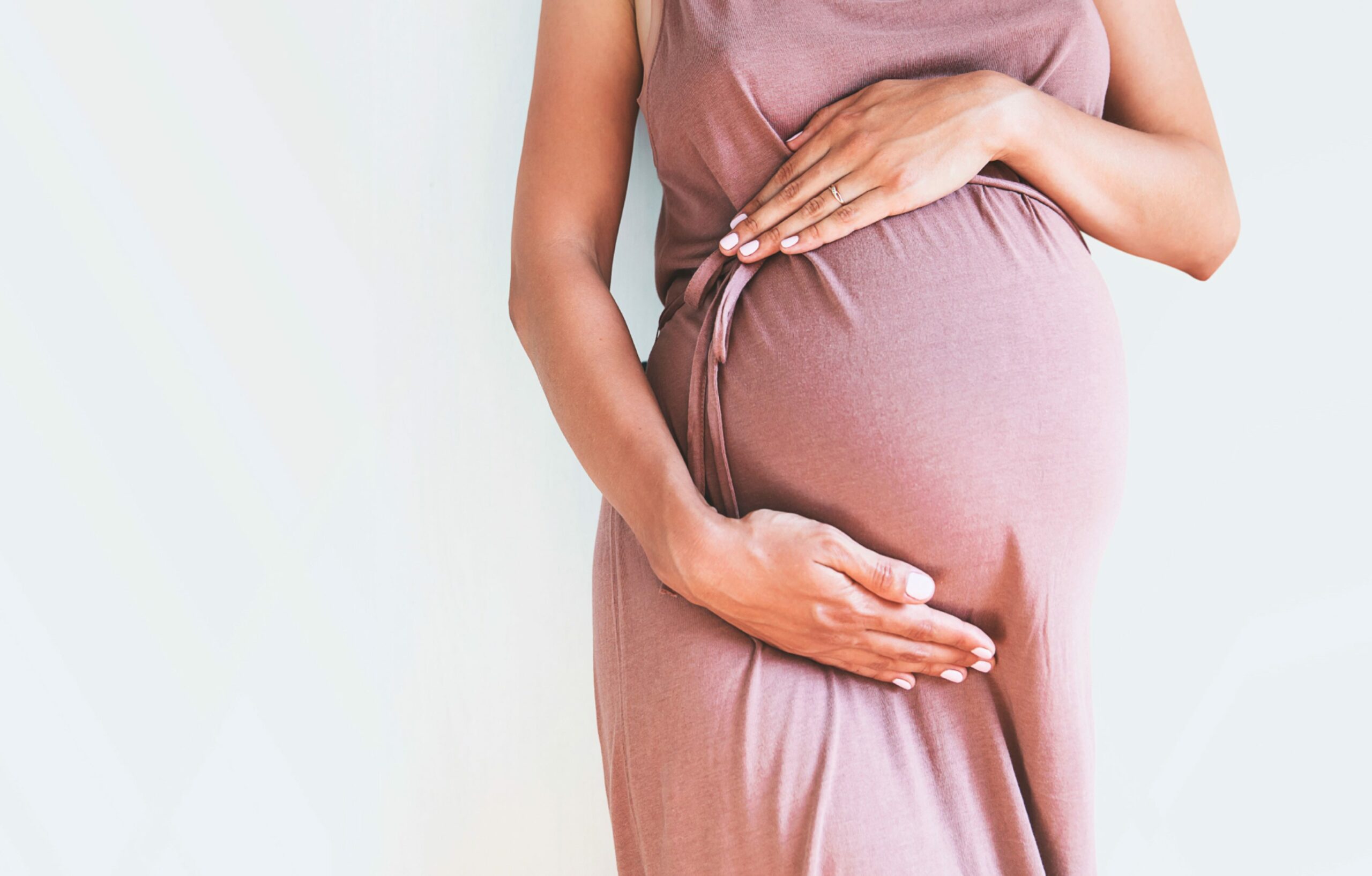Have you ever had one of those weekends?
You’ve already had a Big Friday Night. Like, BIG. I mean smashed, obliterated, mortal.
The night is just shards of memory the next morning when you wake up, still in your make-up and going-out clothes, at your pal’s house, next to a stranger whose name you can’t quite remember.
“I’ll never drink again,” you declare, as your first cup of tea is put into your shaky hands. But, then, somehow by 11am you’re on the beers and having a smoke in the park before going home with your friends for a few bottles of wine, maybe to eat, while changing into something slinky. Then you’re out to the clubs.
Before you know it, it’s 4am and you’ve been driven in a car of friendly drug dealers, twice your age to an illegal rave in the back end of nowhere where you lose your mates and find yourself curled up for a sleep in the chillout tent. And still, still, on Sunday you’ll make it to the pub.
I know those weekends because I had them often; hedonistic, full of booze and drugs and casual nights with strangers, all before I was 16.
Recently, the Scottish presenter Kirsty Young, formerly of Desert Island Discs, gave an interview to Waitrose’s Dish podcast in which she said: “I didn’t rebel as a teenager, I was a good girl. So, probably, I would tell myself to do the drugs, s*** the guy.”
I can understand Kirsty’s perspective better than most here. She, like me, has long-term chronic illnesses – in her case, fibromyalgia and rheumatoid arthritis. It’s not hard for me to imagine that she, like me, has spent some of her more debilitating days thinking about what she would have done differently back when her health was limitless and anything was possible.
There were consequences
It’s true that being a rebellious teen was, in many ways, lots of fun. Dancing, parties, chance encounters with lovely people, great drunken conversations, hilarious mishaps and a feeling that, with your gang of mates, you were on the precipice of owning the world. The problem is that, at least for most of the rebellious teenagers I knew in the 1990s, if you scratched under the heroin chic and ladette culture of heavy drinking, heavier mascara and “keeping up with the boys”, you might discover something much darker.
In my case, I was self-medicating the trauma of an unstable childhood, and with a genetic predisposition to addiction issues. By the time I was 15, I thought it was a bragging point that I could drink any grown man under the table like a sailor on shore leave. Likewise, of all the people I casually slept with, perhaps one in 30 treated me with respect and kindness. And, yet, I still kept looking in other people’s beds for love, comfort and affirmation.
There were broader consequences of this, of course. I was fiercely clever, fairly academic and very determined. I knew I wanted bigger and better things for myself than what I’d grown up with. But it is hard to pair up that rebellious partying lifestyle with mounting all the barriers that already come with being a working-class woman from a complicated family.
I missed college classes and put myself in precarious and often outright dangerous situations where people preyed on my vulnerabilities. And, certainly, that amount of drink and drugs and wild nights and the following hangovers didn’t help my fragile mental health one bit.
So, I was delighted to see recent research suggesting that our teenagers today are growing up a little more wholesome. Teen pregnancy in Scotland has declined year on year for the last 13 years and is at its lowest rate since reporting began. And, while I’m sure a lot of this is down to good sexual health education, I’d like to believe it’s also because girls like I was and boys (though they were often men) aren’t just throwing caution to the wind because they’ve had seven Smirnoff Ices.
Party hard, if you like – once you know who you are
A recent report on young people’s mental health since the pandemic found that “the majority (80%) of young people reported high life satisfaction in 2022”. (Though it does also mention loneliness, vaping and social media as potential triggers for unhappiness and poor health.)
My conclusion as a former rebellious teen is that if you want to do the hard partying then, of course, you should. But the ideal time to have all that fun is from your mid-twenties, when you’ve worked some stuff out, have your own money, and have built self-respect.
When you can separate the fun debauchery from the self-destruction. Then you can dance all night and wake up and make a rational decision
When you know your boundaries and how to enforce them, and know where you’re going and what your priorities are. When you can separate the fun debauchery from the self-destruction. Then you can dance all night and wake up and make a rational decision about whether or not to do it again or not.
Unlike Kirsty Young, I wish I’d never been a rebellious teen. Though, I confess, I can’t bring myself to regret those nights on sweaty dance floors, feeling like my whole life was starting right there to the beat of Underworld’s Born Slippy.
Kerry Hudson is an Aberdeen-born, award-winning writer of novels, memoirs and screenplays


Conversation